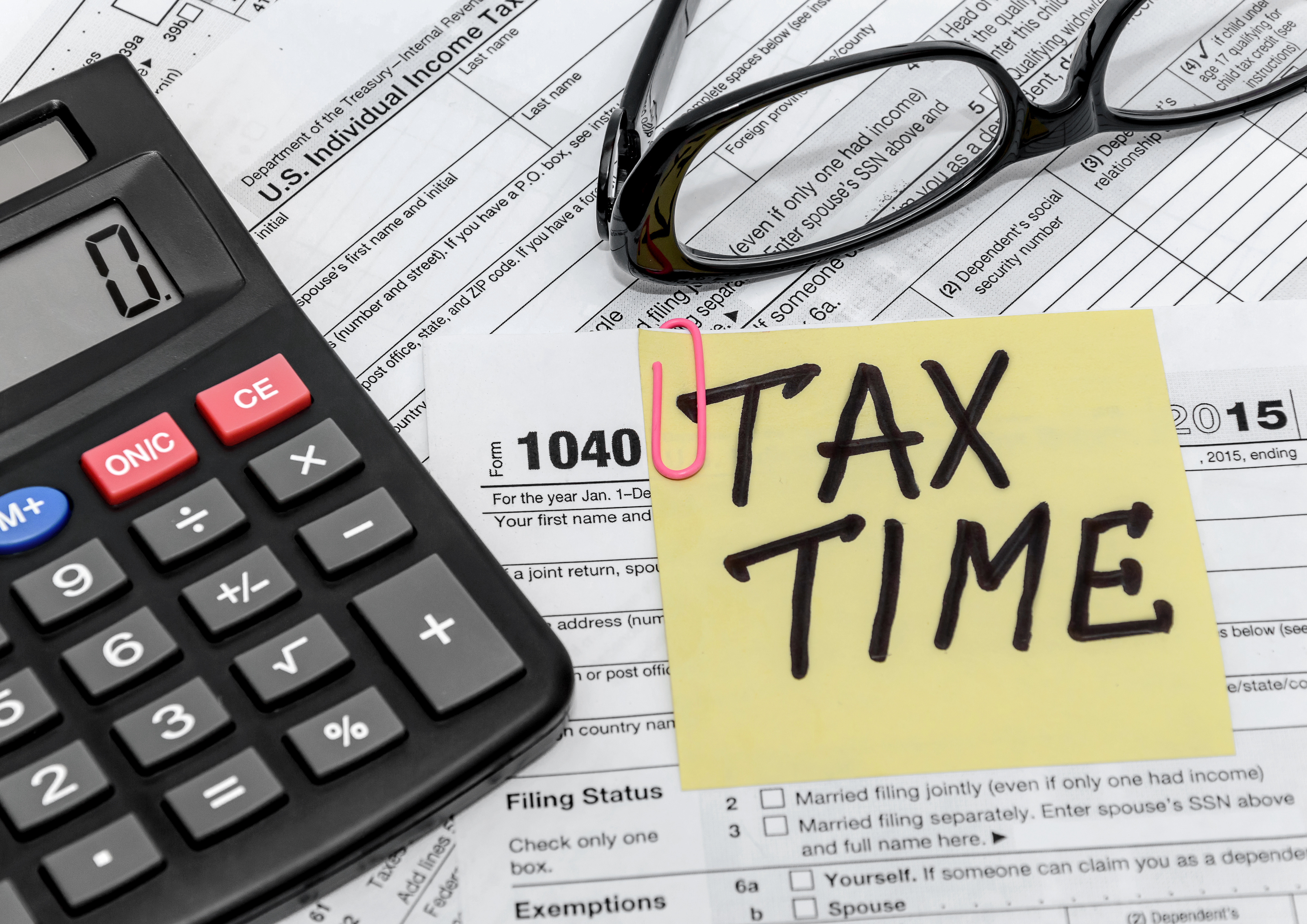Most people who draw a paycheck either get a refund or break even. Self-employed people and those who own businesses usually have to pay in at refund time unless they break even. If you manage to break even, that means you paid the right amount of taxes – and that is the best situation. Those who get a refund enjoy the money, but since the IRS doesn’t pay interest on your money that it is holding, you’re better off investing that money.
A tax attorney at France Law can help you with your taxes and get you as close as possible to breaking even.
When You Owe, But You Can’t Pay
In some cases, you might owe taxes, but you can’t pay the bill. Self-employed and other businesses are supposed to pay quarterly, but some do not, especially if they are self-employed. Paying quarterly can help you avoid going into debt with the Internal Revenue Service, but if you pay too much, the IRS is holding money you could have used for other business expenses. And sometimes, when business is slow, it’s hard to pay the quarterly payments.
For example, in 2020, many businesses slowed down or were shut down because of Covid. Those business owners might have had a hard time paying the quarterly taxes. So, what do you do if you owe the IRS but can’t pay?
Pay Monthly Installments
This is beneficial for people who believe that they can eventually catch up. You can apply online at IRS.gov for a payment agreement to pay monthly installments on the amount of tax you have due. If you prefer not to apply online, you can also include Form 9465 with your tax return. The form tells the IRS that you would like an installment plan.
With an installment plan, the IRS gives you 72 months to pay what you owe as long as what you owe, including penalties and interest is less than $50,000. Don’t forget that you’ll have to pay next year’s taxes. Also, the IRS will continue to charge interest on the unpaid amount.
Furthermore, if you haven’t paid taxes for previous years, the IRS won’t allow you to go on a payment plan.
Ask the IRS for an Offer in Compromise
If you believe that you will never be able to pay what you owe, ask the IRS to accept an amount that you believe you can pay. If the IRS accepts that amount, that is what you pay. The IRS will look at your circumstances, including asset equity, income, expenses, and your ability to pay to make sure the full payment would create a financial hardship.
As of 2020, the IRS also charges a fee of $205 that you must send with your application. If you can meet the IRS’s low-income guidelines, it could waive the fee. If the IRS believes that you can pay within the statute of limitations, which is 10 years, it will most likely deny your application.
If the IRS accepts your offer, you usually pay 20 percent upfront, then make the rest of the payments in installments. However, if you miss one or more installments, the IRS can then sue you for the original amount you owed.
File Your Taxes Without Payment or with a Partial Payment
Even if you can’t pay your taxes, make sure you file on time. Asking for an extension doesn’t help – you must still pay or you’ll incur a penalty. Only ask for an extension if you can’t get all of the documentation you need. It’s better to incur the penalty for not paying instead of the penalty for not paying and the penalty for not filing. The penalty for not filing is 4.5 percent per month until you reach 25 percent, but the penalty for not paying is only 0.5 percent per month.
You can always pay a partial amount with your tax return. The more you are able to pay, the less interest you will incur. It makes a difference if you owe a lot. For example, if you owe $10,000, but can only pay $3,000, paying interest on $7,000 is better than paying interest on $10,000.
If you can pay a partial payment, it looks better to the IRS – it knows you are trying and might be more likely to work with you on your terms.
Contact a Business Tax Attorney at France Law
If you need help with your taxes, contact the tax attorneys at France Law for a consultation. They can help you file your taxes and can advise you on the best course of action to take if you cannot afford to pay your taxes.






















